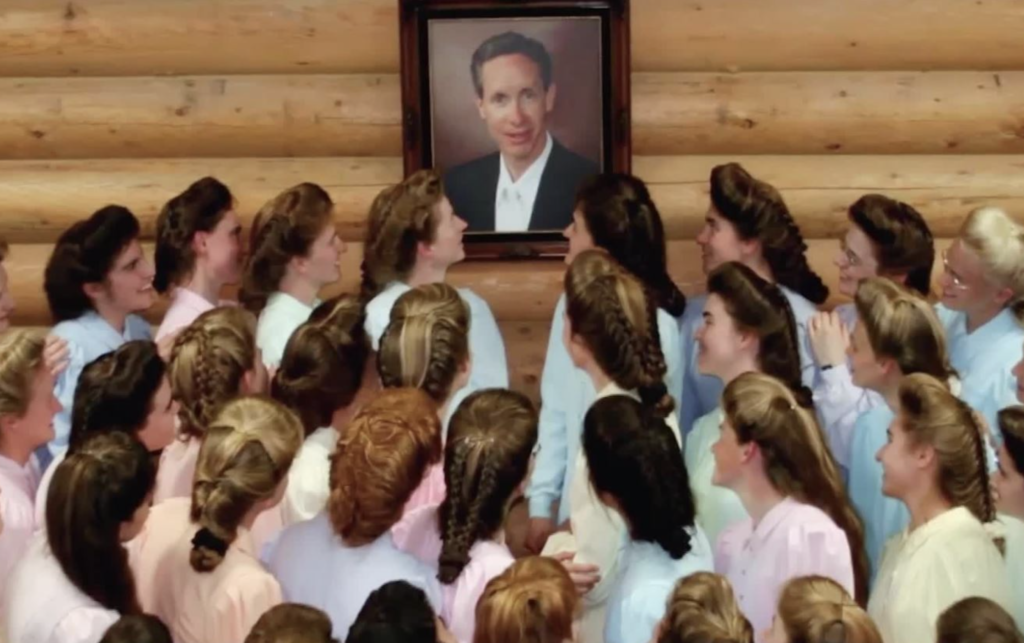As well-equipped we are to imagine evil and understand most of its perpetrations, it is still difficult to translate the reality of it in fictional platforms, whether they be print, TV, or movies. Even evident masters of the macabre genre like Stephen King may be able to keep us up at night, but most of his representations of evil are usually rendered over the top by non-human characters.
Vincent Price, a great actor of a different era, made a handsome living portraying a panoply of such over-the-top evil characters. He would freely give advice to other actors contemplating similar roles by telling them an evil human character must not think of himself as doing evil, but rather doing something noble, or basically good. He believed that was the surest way to get a “real” performance out of material where maleficence drives the story.
The reality of evil in our broken world proves the worst atrocities are not meted out by vampires, werewolves, or disembodied spirits, but by average-looking, garden-variety human beings.
I recently binged a limited series crime drama based on a true incident. “Under the Banner of Heaven” deals with a fundamentalist religious sect engaged in “atonement” killing. The series is fictional, and although it tried hard to show religious zeal murderously going off the rails — and as good as the series was — there was a disconnect, due to the fact I knew these were actors and this was scripted.
What was not scripted was a documentary I watched about the religious sect that inspired this drama. It was called “Keep Sweet: Pray and Obey,” and it did not entail a grisly murder, but another kind of unsettling evil, perpetrated not by a scowling monster, but a man who looked like he might have been an assistant manager at RiteAid.
The documentary pulls the curtain back from a sect of religious adherents who all live in their own isolated town in northern Arizona. Their leader is the assistant manager-looking guy, and the evil he visited upon countless men, women, and young girls has resulted in him spending the rest of his life in prison.
His off-the-rack cheap suit and SuperCuts hair style notwithstanding, he claimed to be a prophet, a man who received regular and direct revelations from God. The revelations in turn became edicts all adherents in this isolated community had to obey; edicts that included the “prophet” selecting underage girls to be brides for his inner circle of male lieutenants, families torn apart on his orders due to some infraction he perceived, and the banishment of young men who may have posed a threat to his power structure.
His power was absolute and unchecked, until brave women escaped from the town and authorities stepped in. And although imprisoned, he continues to have private revelations, and gets those messages through to his believers to this day.
Political theorist Hannah Arendt coined the phrase “banality of evil” while watching the 1961 trial of Nazi SS officer Adolf Eichmann in Israel. In the documentary I recently watched about that trial, Eichmann does not come off as some kind of sneering or growling monster, but as Arendt aptly described him, he could not have been more banal and his acts more evil.
Unlike most documentaries on this subject, which usually dwell on the remarkable extraction of Eichmann from South America to Israel, this documentary is all about the trial and what it meant to Holocaust survivors. It also focuses a lot on Eichmann himself as that “man in the glass booth” listening dispassionately as survivors recount horror after horror.
Again, Eichmann looks more like a timid clerk in a tailor shop than the face of Nazi atrocity. But that is how the devil often works. Eichmann was a bureaucrat’s bureaucrat. His job actually was to make sure the trains ran on time. He was extremely efficient at his job.
The documentary ends with Eichmann’s appeal for justice. He went to the hangman insisting that he was only following orders, and he told the judges that the actions he took, which may be looked down on now, were the result of the oath he took to serve his country.
Vincent Price was right after all. Both the Nazi henchman and the religious zealot, disparate as one might conjure, shared the common trait of believing their actions were driven either by a divine commission or through loyalty to an oath. Both men believed deeply they were following the lead of their individual consciences and slept soundly every night, until actual justice intervened.

